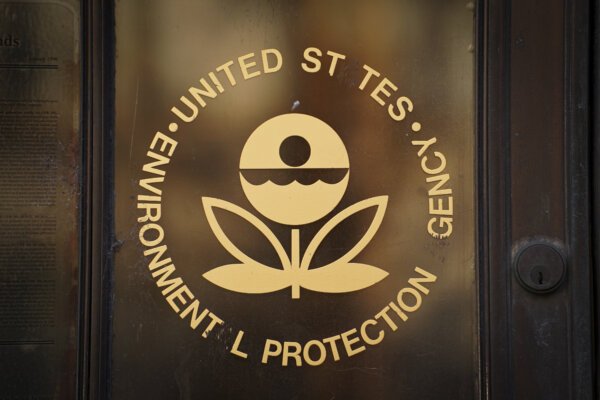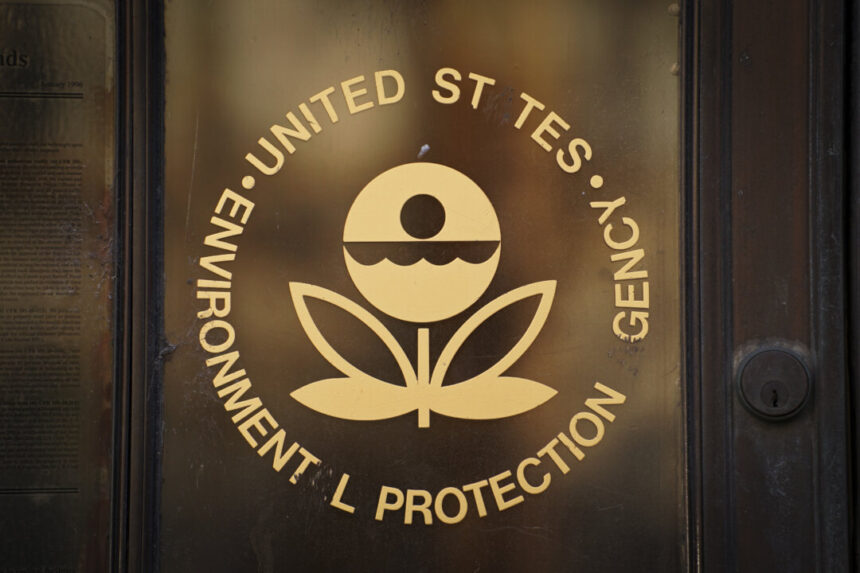
An internal Environmental Protection Agency (EPA) watchdog has discovered that senior officials at the agency retaliated against three staff scientists who raised concerns about the handling of risk assessment procedures for new chemicals, in violation of the agency’s Scientific Integrity Policy.
The watchdog also found that the risk assessments were altered against the scientists’ objections to expedite the approval of new chemicals within a tight 90-day statutory deadline.
According to the findings of the Sept. 17 Whistleblower Reprisal Investigation, the EPA’s Office of Inspector General (OIG) received complaints from five EPA scientists, alleging various misconducts, including retaliatory actions taken by the agency between 2019 and 2022.
The OIG reports revealed that three employees experienced retaliation in violation of the EPA’s Scientific Integrity Policy after they protested the rushed human health assessments for new chemicals intended for commercial release. Additionally, one scientist was subjected to retaliation in violation of the Whistleblower Protection Act.
As part of the alleged retaliation, the three scientists had their performance ratings lowered, were denied promotions, had awards withheld, or were reassigned within the agency.
The OIG reports highlighted that staff and managers felt pressured to approve new chemicals, with leaders at the EPA’s Office of Chemical Safety and Pollution Prevention described as “pushing us like animals on a farm.”
The whistleblowers were reportedly criticized as “pot stirrers” and accused of being too “conservative” in their approach by trying to scrutinize every chemical, which discouraged other employees from challenging management.
One testimony, with the name redacted, mentioned that disagreeing or causing any delays in processing cases could result in management labeling an employee as “problematic.”
The EPA’s 90-day review process was established under the 2016 Toxic Substances Control Act (TSCA) to evaluate the safety of new chemicals. The TSCA mandates the EPA to assess potential risks from new and existing chemicals and address any unreasonable risks to human health and the environment, with the authority to ban flagged chemicals or impose mitigation measures.
EPA Issues Persist
While these incidents reportedly began during the previous administration, the whistleblowers claim that scientific integrity issues at the EPA continue under the Biden Administration.
Public Employees for Environmental Responsibility (PEER) stated that the affected EPA scientists are Sarah Gallagher, Martin Phillips, and William Irwin, all with doctoral degrees in various chemistry fields.
PEER’s director of policy, Kyla Bennett, who filed the complaints on behalf of the scientists, emphasized that the findings from the Inspector General indicate ongoing scientific integrity concerns at the EPA that directly impact public health.
“Many of the issues identified by the IG during the Trump administration persist today, despite changes made by the Biden Administration,” Bennett remarked.
Prior to the 2016 TSCA amendment, only about 20 percent of new chemical submissions underwent full assessments by the Risk Assessment Division of the Office of Pollution Prevention and Toxics within the EPA’s Office of Chemical Safety and Pollution Prevention. However, after the 2016 amendment, every chemical required a full assessment within the 90-day deadline, without additional staff or contractor resources to manage the increased workload.
The reports of whistleblower retaliation have been forwarded to EPA Administrator Michael Regan and Congress, calling for the suspension of offending managers for at least three days and the dismissal of repeat offenders.
PEER noted that out of 3,830 new chemicals reviewed by the EPA, none were prohibited from entering the market.
PEER Executive Director Tim Whitehouse, a former senior EPA enforcement attorney, expressed concerns about the effectiveness of laws and policies safeguarding scientists within the EPA based on the reports.
“Even now, EPA continues to approve new chemicals without a full understanding of the risks they pose to human health and the environment,” Whitehouse stated.
The OIG is expected to release additional reports on the substance of the whistleblower complaints soon. The Epoch Times has reached out to the Environmental Protection Agency for comment.





